Wilderness Safety: Camping Precautions Every Camper Should Know Whether you’re a first-time camper or an experienced outdoorsman, it’s always important to be aware of potential safety hazards when spending time in the wilderness. Here are a few camping safety tips to keep in mind on your next trip:
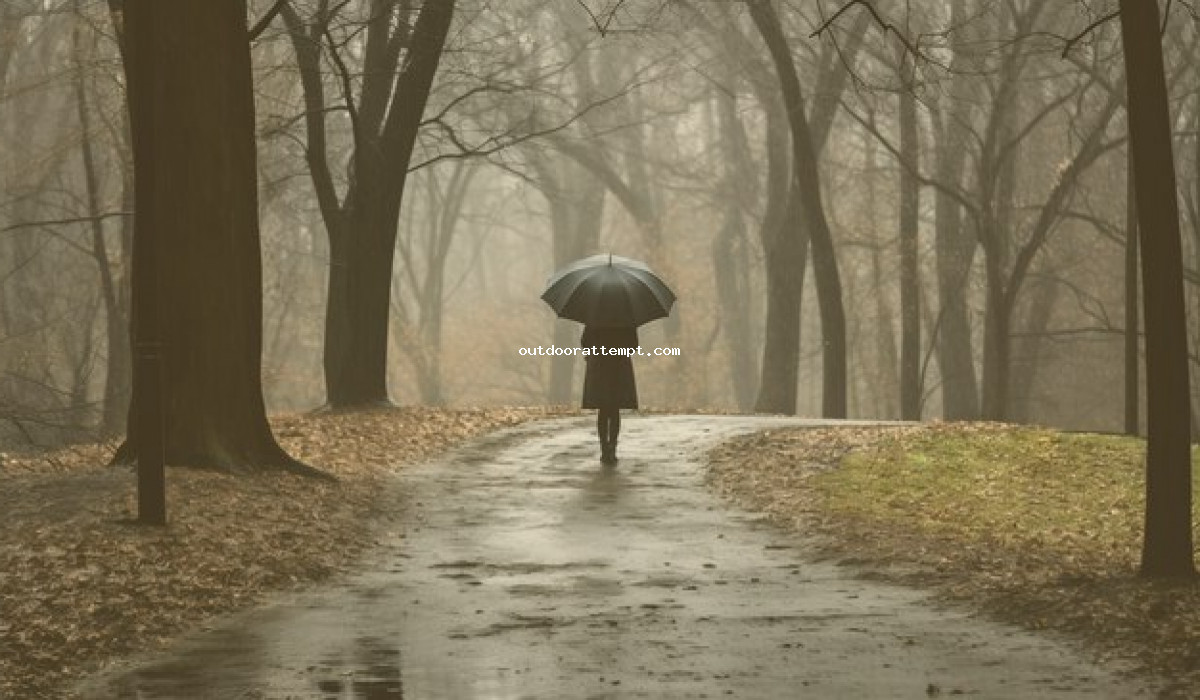
Before heading out, be sure to inform someone of your plans and when you expect to return. This way, if something does happen and you don’t return when expected, searchers will know where to look for you.
When camping, always set up your tent in a safe location, away from dead branches or other potential hazards.
Be aware of your surroundings at all times, and keep an eye out for wildlife. If you see a dangerous animal, do not approach it – instead, back away slowly and make a lot of noise to scare it off.
Never drink water from a natural source without boiling it first, as it may contain harmful bacteria.
Make sure to pack plenty of food and water, as well as a first-aid kit, in case of an emergency.
By following these simple safety precautions, you can help ensure a fun and enjoyable camping trip for everyone.
Wilderness safety is paramount for all campers, regardless of their level of experience. By taking a few simple precautions, campers can ensure that their trips are safe and enjoyable.
Packing the Right Gear
One of the most important aspects of wilderness safety is packing the right gear. Campers should pack for the worst possible weather conditions they might encounter, as well as for any hazards they might encounter on the trail.
Checking the Weather Forecast
Before heading out on a camping trip, it is important to check the weather forecast. This will help campers plan for any potentially dangerous weather conditions they might encounter.
Hiking in a Group
Hiking in a group is one of the best ways to stay safe in the wilderness. If something happens to one member of the group, the others can help.
Telling Someone Where You’re Going
Before heading out on a camping trip, it is important to tell someone where you are going. This way, if something happens, they will know where to start looking for you.
Carrying a First-Aid Kit
A first-aid kit is a must for any camping trip. In case of an injury, it can help campers get the medical attention they need.
Knowing Your Limits
One of the most important aspects of wilderness safety is knowing your limits. If you are not comfortable with something, don’t do it. It is better to be safe than sorry.
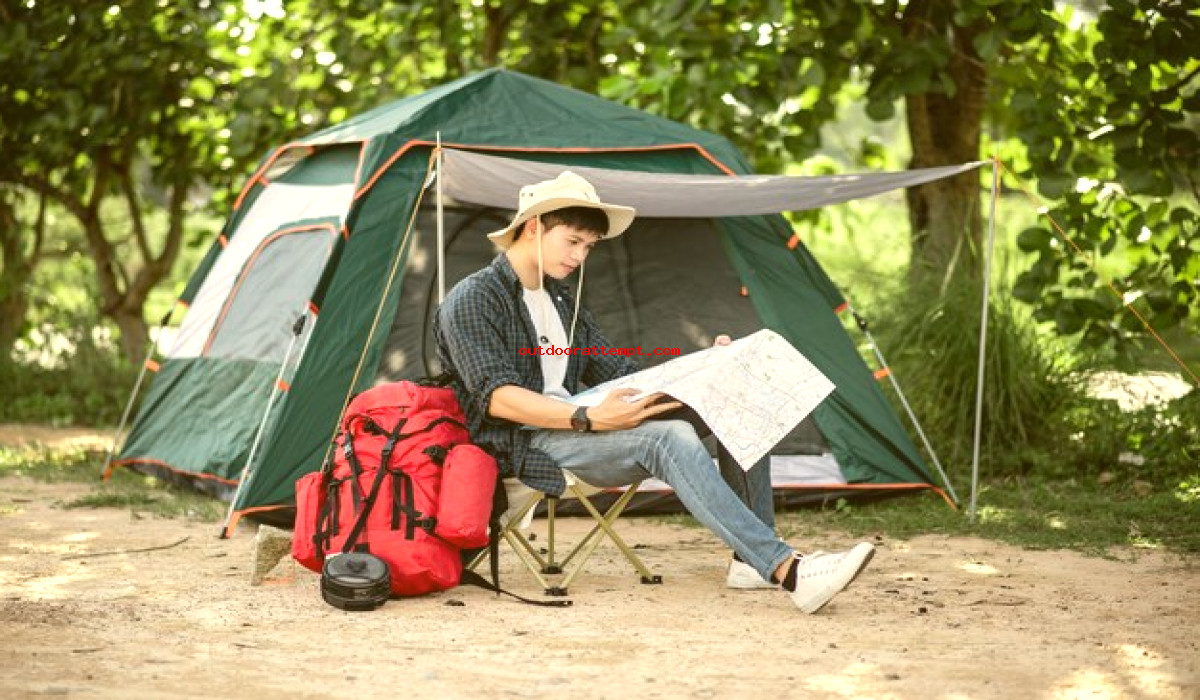
Emerging Trends and Prediction
The future of wilderness safety will continue to be a major concern for campers and hikers as the popularity of outdoor recreation increases. There will be a greater focus on personal safety and on avoiding dangerous situations. There will be more education and awareness about the risks of wilderness activities and more information available about how to stay safe while enjoying the outdoors.
Camping Precautions Every Camper
One of the most important things that campers can do to stay safe is to be aware of their surroundings and to know the risks associated with the activities they are participating in. There will be more information available about the dangers of specific activities and about how to avoid them. Will also be more emphasis on personal safety, such as knowing how to properly use safety equipment and being aware of the risks of the environment.
There will be more education and awareness about the risks of wilderness activities and more information available about how to stay safe while enjoying the outdoors.
There will be more focus on personal safety and on avoiding dangerous situations.
What are some things I should do to prepare for a camping trip?
There are a few key things you should do to prepare for a camping trip:
– Choose a safe, comfortable location: make sure to pick a campsite that is close to civilization in case of an emergency. If you’re car camping, make sure to find a spot that is big enough for your car and all of your gear. If you’re backpacking, make sure to pick a location that is not too far from the trailhead.
– Pack the essentials: make sure to pack all of the essential camping gear, including a tent, sleeping bag, food, water, and a first aid kit.
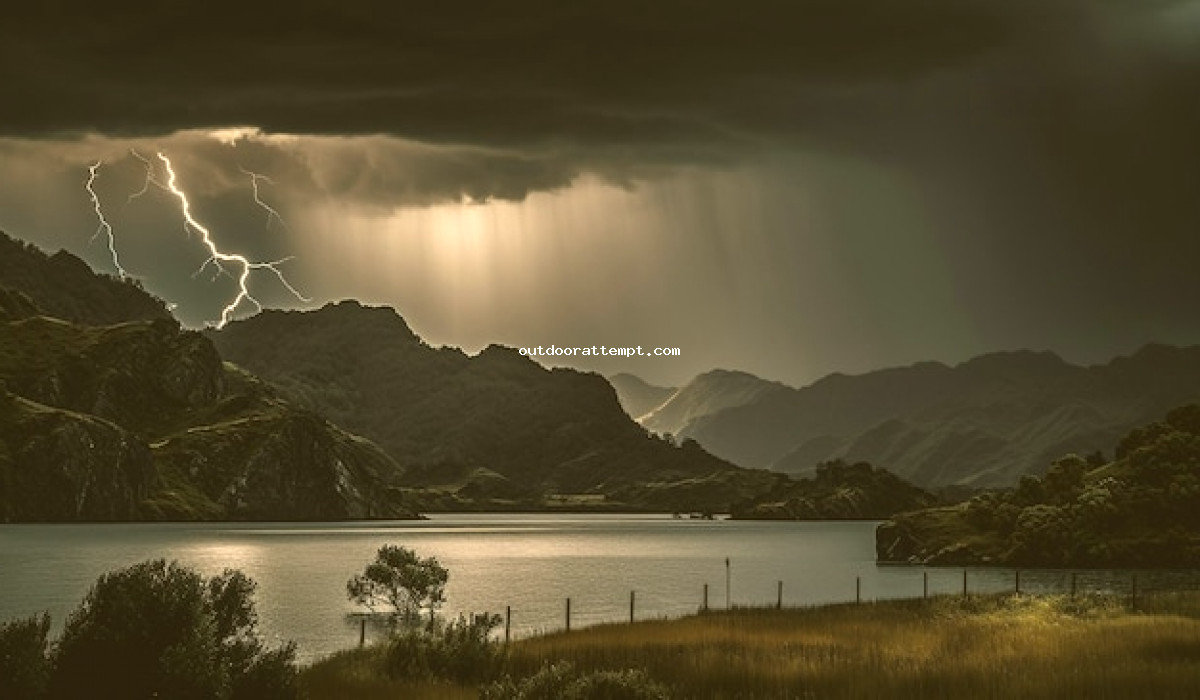
– Check the weather: before you leave, make sure to check the forecast so you can pack appropriate clothing and gear.
What are some safety precautions I should take while camping?
There are a few key safety precautions you should take while camping Camping Precautions Every Camper:
– Stay hydrated: drink plenty of water and avoid alcohol to stay hydrated.
– Protect yourself from the sun: use sunscreen and wear a hat to protect yourself from the sun’s harmful rays.
– Be aware of your surroundings: be aware of your surroundings at all times, and make sure to let someone know where you are going if you’re leaving the campsite.
– Watch out for wildlife: be cautious of wildlife, especially if you’re camping in an area where there are predators.
What are some safety precautions I should take while hiking?
There are a few key safety precautions you should take while hiking:
– Stay on the trail: it’s important to stay on the trail to avoid getting lost.
– Bring plenty of water: make sure to bring plenty of water, especially if you’re hiking in a hot climate.
– Wear proper footwear: it’s important to wear proper footwear to avoid injuries.
– Be aware of your surroundings: be aware of your surroundings at all times, and make sure to let someone know where you are going if you’re leaving the trail.
– Watch out for wildlife: be cautious of wildlife, especially if you’re hiking in an area where there are predators.
What are some safety precautions I should take while fishing?
There are a few key safety precautions you should take while fishing:
– Use proper tackle: it’s important to use the proper tackle to avoid injuries.
– Be aware of your surroundings: be aware of your surroundings at all times, and make sure to let someone know where you are going if you’re leaving the area.
– Wear proper clothing: wear proper clothing to avoid getting sunburned or wet.
– Use a life jacket: if you’re fishing from a boat, make sure to wear a life jacket.
What are some safety precautions I should take while canoeing?
There are a few key safety precautions you should take while canoeing:
– Wear a life jacket: it’s important to wear a life jacket at all times while canoeing.
– Be aware of your surroundings: be aware of your surroundings at all times, and make sure to let someone know where you are going if you’re leaving the area.
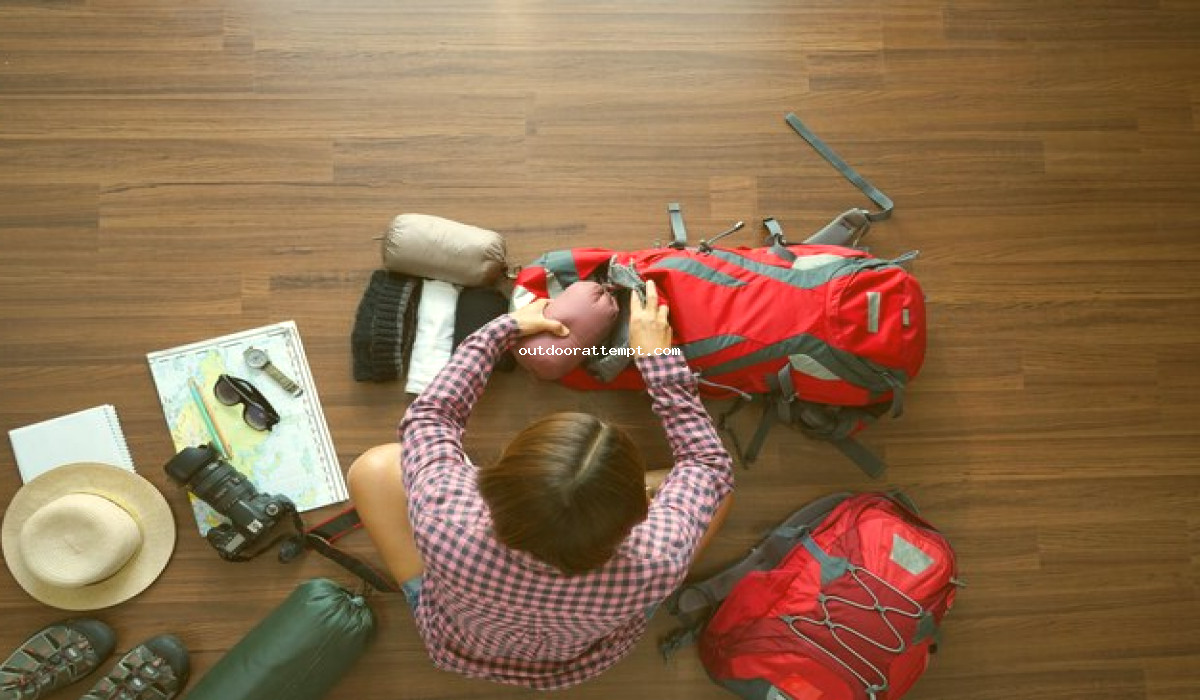
– Check the weather: before you leave, make sure to check the forecast so you can paddle in safe weather conditions.
– Use proper paddling technique: make sure to use proper paddling technique to avoid mistakes that could lead to accidents.
What are some safety precautions I should take while kayaking?
There are a few key safety precautions you should take while kayaking Camping Precautions Every Camper:
– Wear a life jacket: it’s important to wear a life jacket at all times while kayaking.
– Be aware of your surroundings: be aware of your surroundings at all times, and make sure to let someone know where you are going if you’re leaving the area.
– Check the weather: before you leave, make sure to check the forecast so you can paddle in safe weather conditions.
Camping Precautions Every Camper Should Know
One of the most dangerous activities while camping is leaving the safety of the campsite. Unforeseen conditions can pop up at any time, and it is important to be aware of the risks before venturing off into the wilderness. Here are some camping safety tips to help you avoid some of the most common hazards:
• Ticks and chiggers are small insects that can attach themselves to your skin and cause an irritating rash. To prevent them from getting on you, wear long pants and long sleeves when hiking through brushy areas. Inspect your body carefully for these insects when you return to camp, and remove them with a pair of tweezers.
• Poison ivy, poison oak, and poison sumac are all plants that can cause a severe allergic reaction if you come in contact with them. Learn to identify these plants, and avoid them if possible. If you do come in contact with them, wash the area with soap and water as soon as possible.
• Wild animals can pose a serious threat to your safety while Camping Precautions Every Camper. If you see a wild animal, do not approach it. Most animals will not bother you if you leave them alone. If an animal does become aggressive, make yourself as big as possible and make loud noises.
Camping Precautions Every Camper
Campfires are a necessary part of any camping trip, but they can also be dangerous. Always build your fire in a designated fire pit, and never leave it unattended. Before going to bed, make sure the fire is completely extinguished.
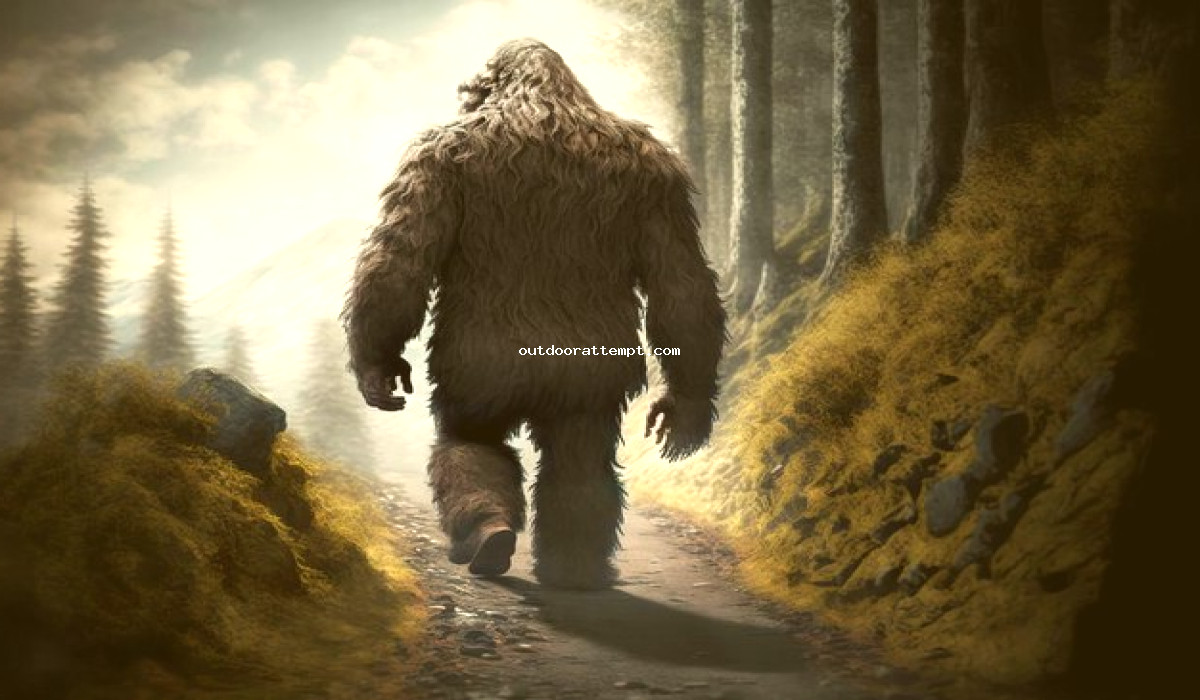
• Lightning is one of the most dangerous weather hazards while camping. If you hear thunder, that means lightning is close enough to strike. Immediately seek shelter in a building or car. If neither is available, crouch down in a ditch or low-lying area.
• Flash floods can occur with little or no warning. If you see a flood coming, move to higher ground immediately. Do not try to cross a flowing stream of water.
• Hypothermia can occur even in warm weather if you get wet. If you are hiking in cold or wet weather, wear appropriate clothing to keep yourself dry. If you do get wet, change into dry clothes as soon as possible.
• Dehydration is a common hazard while camping, especially in hot weather. Drink plenty of water, even if you are not thirsty. Avoid alcoholic beverages, as they will only make you more dehydrated.
• Heat exhaustion is another common hazard in hot weather. To prevent it, drink plenty of fluids and take breaks often to cool down. If you start to feel dizzy or lightheaded, seek shade and drink more fluids.
• Injuries are one of the most common hazards while camping. Always be careful with knives, axes, and other sharp objects. Wear appropriate footwear to avoid slips and falls. If you do get injured, seek medical attention as soon as possible.
Overcoming Challenges
Camping Precautions Every Camper Despite the challenges that come with wilderness safety, it is still possible to enjoy all that nature has to offer. By following the tips above, you can minimize the risks and have a safe and enjoyable camping trip.
